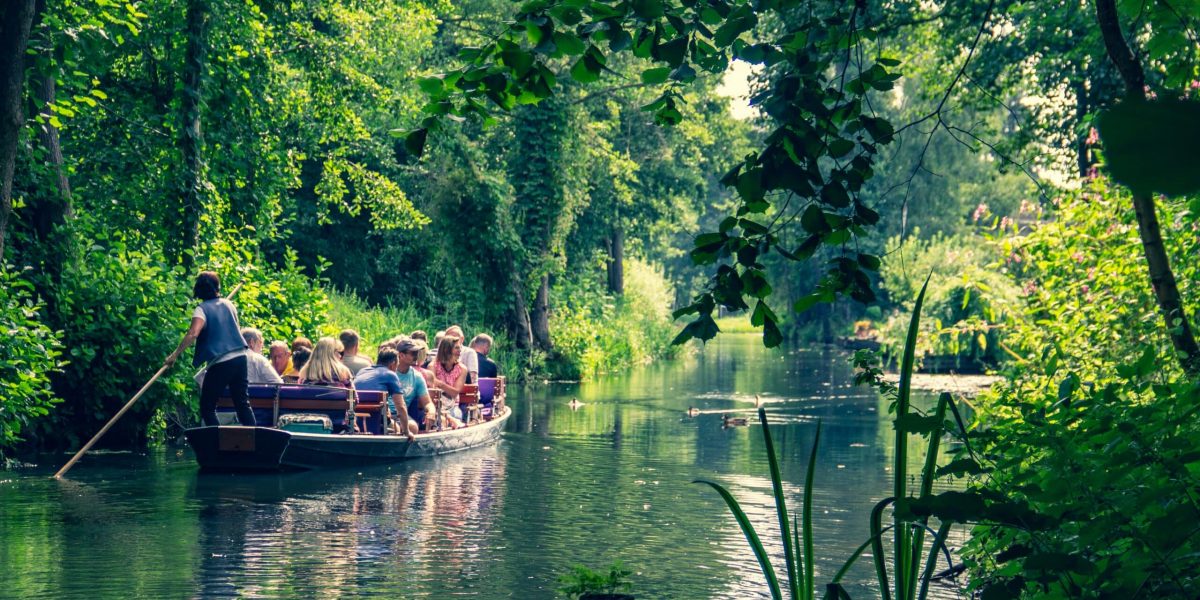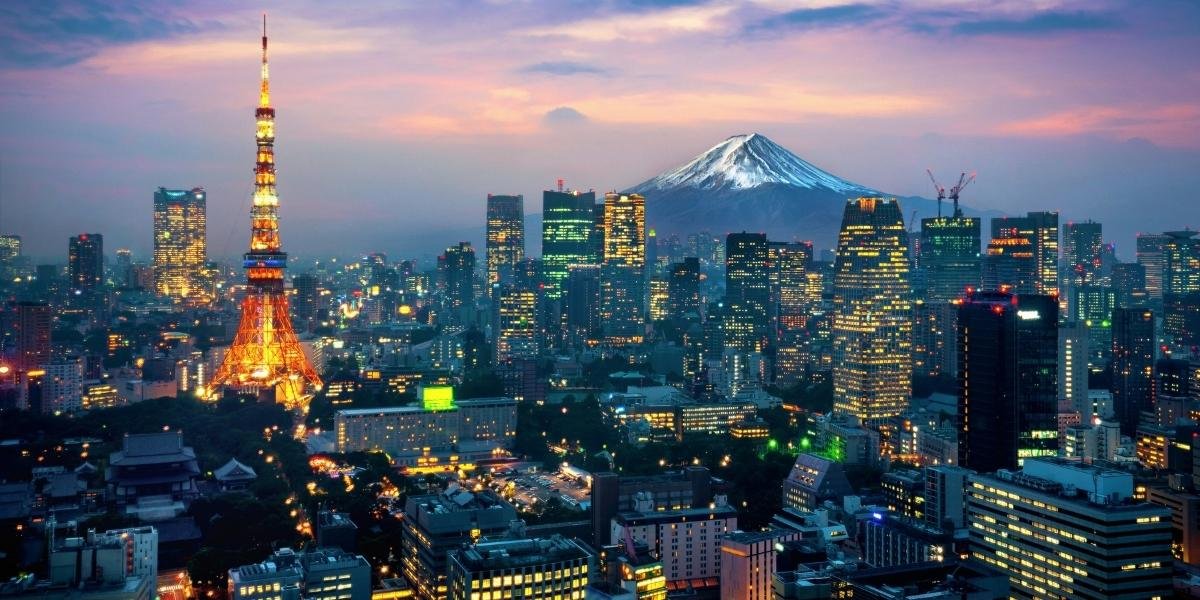The travel industry is witnessing a remarkable shift as more travelers opt for eco-friendly destinations over traditionally luxurious options. Eco-travel, once a niche concept, has gained widespread popularity as individuals become increasingly conscious of their environmental impact. This shift reflects a growing desire to connect with nature, support sustainable practices, and make choices that align with personal values. But what drives this trend, and are green destinations truly replacing luxurious getaways?
Why Are Travelers Opting for Eco-Friendly Destinations?
The appeal of eco-travel lies in its promise of a more meaningful and mindful experience. Many travelers are drawn to destinations that prioritize sustainability, such as those that protect ecosystems, conserve natural resources, and promote ethical tourism practices. This growing interest is partly driven by increased awareness of the environmental challenges posed by traditional tourism, including carbon emissions, waste, and harm to local habitats.
For some, the decision to choose green destinations stems from a desire to contribute positively to the planet. Staying in eco-lodges, participating in conservation projects, or exploring off-the-beaten-path locations reduces environmental impact while offering an opportunity to engage deeply with nature. Beyond the environmental benefits, eco-travel often provides unique and enriching experiences, such as trekking through rainforests, observing wildlife, or immersing oneself in local cultures.
As more travelers embrace sustainable tourism, destinations that were once considered remote or rugged are now viewed as desirable alternatives. The sense of adventure, paired with the knowledge that these trips support conservation efforts, appeals to those looking for purpose-driven travel.
How Do Green Destinations Compare to Traditional Luxury Getaways?
While luxury travel traditionally focuses on indulgence and comfort, eco-travel emphasizes simplicity, sustainability, and connection to the environment. The comparison between the two often highlights key differences in values, experiences, and impact.
Luxurious resorts are typically characterized by opulent accommodations, high-end amenities, and services that cater to relaxation and exclusivity. These destinations often prioritize aesthetics and convenience over environmental considerations, which can lead to significant resource consumption. However, luxury travel is evolving as eco-consciousness grows, with many high-end establishments incorporating green practices like renewable energy, sustainable dining, and eco-friendly construction.
On the other hand, eco-friendly destinations focus on offering authentic experiences rooted in the natural environment. Accommodations like solar-powered lodges or treehouse cabins often replace luxury villas, and activities are geared toward engaging with the environment rather than escaping it. For example, an eco-travel experience might include kayaking through pristine waterways, hiking eco-preserves, or learning about indigenous traditions.
While eco-travel may lack the extravagance of luxury vacations, it compensates with a sense of fulfillment. Many travelers feel that green destinations provide a deeper connection to the places they visit and align more closely with their personal values.
What Motivates Travelers to Choose Eco-Travel Over Luxury?
Several factors drive the growing preference for eco-travel, and one of the most significant is the desire to travel responsibly. With climate change and environmental degradation becoming urgent global issues, many individuals feel a responsibility to minimize their impact, even while on vacation. The concept of “traveling with a purpose” has become a guiding principle for this new wave of tourists.
Another motivation is the opportunity to experience something unique and transformative. Unlike luxury travel, which often centers on indulgence, eco-travel invites participants to immerse themselves in unfamiliar and unspoiled environments. This type of travel often includes activities like wildlife conservation, volunteering with local communities, or exploring biodiverse regions.
Cost can also play a role in the decision-making process. While luxury travel typically comes with a hefty price tag, many eco-friendly trips are more affordable and accessible. For example, staying in a sustainable hostel or camping in a national park often costs significantly less than a stay at a five-star resort.
Social media and cultural trends have amplified the appeal of green travel. Images of pristine landscapes, sustainable accommodations, and eco-conscious activities inspire travelers to prioritize experiences that contribute to their personal and social identities.
Is Luxury Travel Adapting to the Eco-Travel Trend?
Luxury travel isn’t disappearing; rather, it’s evolving to incorporate sustainability. Many high-end destinations are blending eco-friendly practices with traditional luxury, creating a new category of travel: sustainable luxury. These hybrid experiences cater to travelers who want the best of both worlds—comfort and conservation.
For instance, luxury eco-resorts are emerging in destinations like the Maldives, Costa Rica, and New Zealand. These properties offer guests high-end experiences while committing to environmentally responsible practices, such as using renewable energy, sourcing local ingredients, and supporting conservation initiatives. Some resorts even offer programs that allow guests to participate in hands-on environmental projects, such as coral reef restoration or wildlife monitoring.
This blend of luxury and sustainability demonstrates that the future of travel is not about choosing one over the other but finding a balance that aligns with both individual preferences and global needs.
The Future of Travel: A Balance Between Green and Luxury
The rise of eco-travel shows no signs of slowing down. As more travelers prioritize sustainability, destinations and hospitality providers will continue to adapt, creating options that satisfy both eco-conscious values and a desire for comfort. Whether opting for a rustic eco-lodge or a high-end resort with sustainable practices, travelers are shaping a future where green travel and luxury coexist harmoniously.
The key takeaway is that both types of travel—green and luxurious—have their place. What matters most is the intent behind the journey and the impact it leaves on the environment, local communities, and the traveler’s personal growth.








